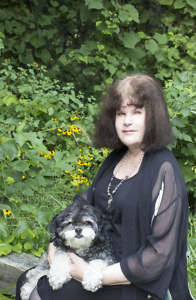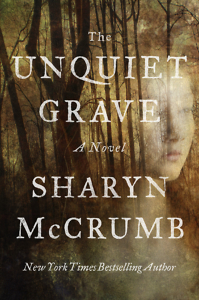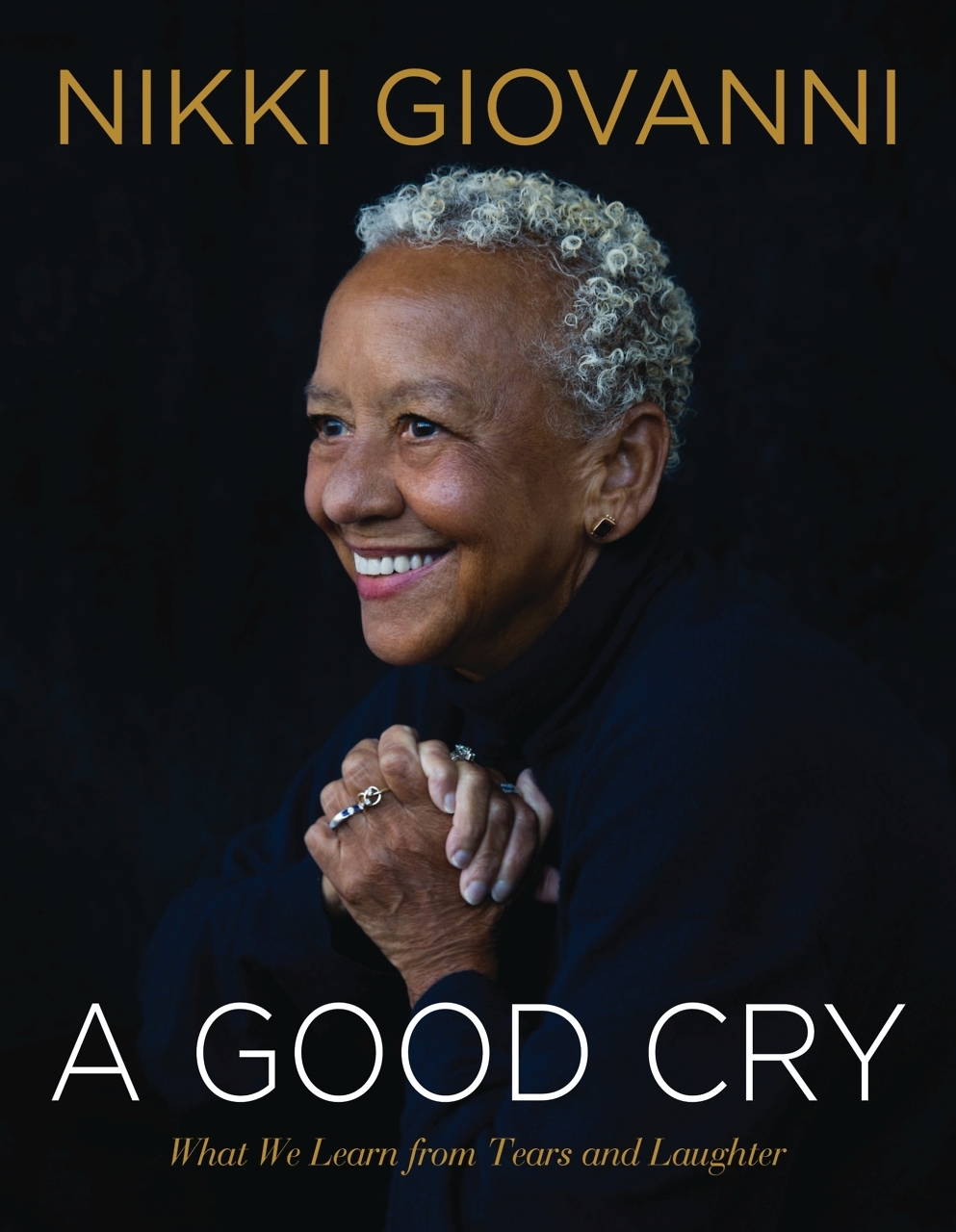Remembering the Ghost
Sharyn McCrumb’s latest historical novel revisits a murder trial with a supernatural twist
“How can you defend a man when the whole community believes his dead wife herself accused him of murdering her?” asks defense attorney James Gardner in Sharyn McCrumb’s latest historical novel, The Unquiet Grave. Based on a true story from Greenbrier County, West Virginia, the novel chronicles the notorious trial of a horse-stealing blacksmith accused of strangling his third wife to death in 1897. What makes the trial of Edward Shue most memorable is his mother-in-law’s steadfast claim that Zona Shue appeared to her in the days following the funeral to accuse Edward of murder.
 Her absolute certainty that what she experienced was real, not a hallucination brought on by grief and sleep-deprivation, convinces the county prosecutor to exhume Zona’s body and call for an official autopsy. Based on the evidence it reveals, Edward Shue is immediately arrested for the murder of his wife.
Her absolute certainty that what she experienced was real, not a hallucination brought on by grief and sleep-deprivation, convinces the county prosecutor to exhume Zona’s body and call for an official autopsy. Based on the evidence it reveals, Edward Shue is immediately arrested for the murder of his wife.
The events leading up to this family tragedy are narrated by Mary Jane Heaster, Zona’s mother, a plain-spoken and unswerving force to be reckoned with. She worries about the beautiful and headstrong daughter she loves fiercely but is unable to rein in: “Zona always had a restless air about her, as if she didn’t know where she wanted to go but wanted to get there as quick as she could, never satisfied, never still. It seemed to me that she had spent her life like an orphaned calf, pushing against the fence and trying to get someplace else just because it was someplace else.”
Sparks fly immediately when Zona meets handsome, smooth-talking Edward Shue, and she marries him only months later. Mary Jane isn’t convinced the match is wise, and her suspicions deepen when Zona reveals that Edward, a blacksmith who has served time for horse-stealing, has been married twice before—and that one of those ill-fated matches ended in an accidental death. “It was already plain to me that Mr. Shue was the spitting image of trouble, and that my girl would likely come to regret becoming wife number three,” Mary Jane recalls.
Zona is soon found dead at the bottom of a flight of stairs in the home she shared with her husband, and Edward refuses to let anyone examine the body, rushing Zona into her grave even more quickly than he rushed her into marriage.
 McCrumb’s second narrator is one of the attorneys charged with mounting a credible defense for the ne’er-do-well Shue. James Gardner, a black man, is practiced in not calling attention to himself unnecessarily. But decades after the trial, as a patient in the State Hospital for the Colored Insane, he finally tells a young doctor the unlikely story of the time he served as second chair to a white attorney in the murder trial of a white man.
McCrumb’s second narrator is one of the attorneys charged with mounting a credible defense for the ne’er-do-well Shue. James Gardner, a black man, is practiced in not calling attention to himself unnecessarily. But decades after the trial, as a patient in the State Hospital for the Colored Insane, he finally tells a young doctor the unlikely story of the time he served as second chair to a white attorney in the murder trial of a white man.
In an afterword to The Unquiet Grave, McCrumb describes the tremendous amount of documentation she compiled as she studied the case of the Greenbrier Ghost. Her meticulous research is evident as she seamlessly describes the tenor of the times, including lingering Civil War grievances, the struggle of African Americans to attain professional positions and advance in their chosen fields, and the machinations of status and power within the white communities of small-town West Virginia. Her characters—all based on real people—come alive as she describes the successes and failures of their lives at the turn of the century and beyond. But in the end, The Unquiet Grave is a story about a stubborn mother’s love and the bittersweet satisfaction of justice.

A graduate of Auburn University, Tina Chambers has worked as a technical editor at an engineering firm and as an editorial assistant at Peachtree Publishers, where she worked on books by Erskine Caldwell, Will Campbell, and Ferrol Sams, to name a few. She lives in Chattanooga.


